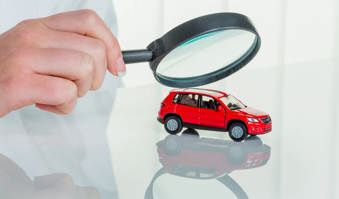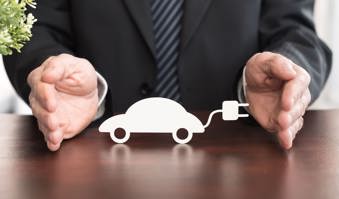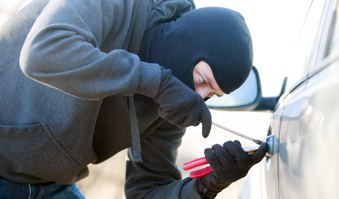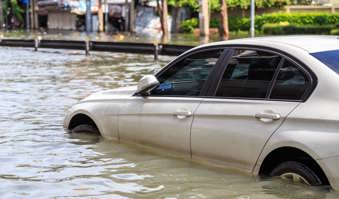Fuel Types in the UAE and the Differences in Octane Rating
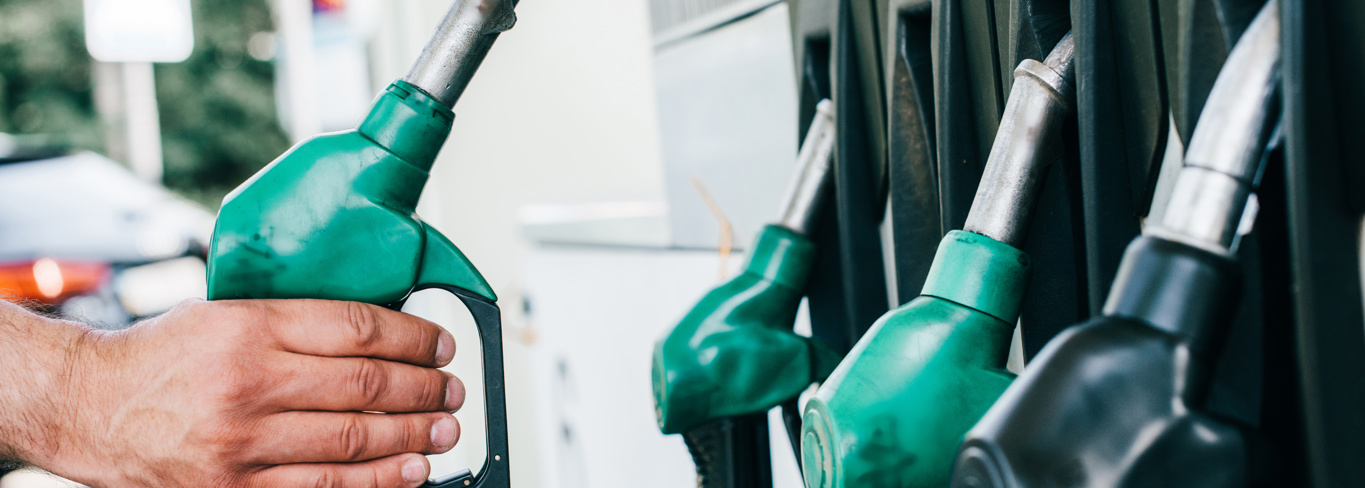 06 Dec, 2022
06 Dec, 2022
Explore the fuel types available in the UAE and understand the variations in octane ratings with this informative guide.
Residents and citizens of UAE very well know that as soon as you pull over into a fuel station, you get asked, "Super or Special Petrol." This question might sound confusing to someone who doesn't really know the difference between the two. Basically there are four main variants of fuel used in UAE which are, E-Plus (91 Octane), Special (95 Octane), Super (98 Octane) and Diesel. The most widely used among these fuel types by motorists are the Super and Special variants. Choosing the appropriate fuel can significantly impact your vehicle's performance. While it might seem easy to pick one fuel grade, it is essential to understand the factors that essentially differentiate these fuel types.
While it's important to consider factors such as engine type, manufacturer recommendations, and vehicle age, another crucial aspect to keep in mind is the impact of fuel type on car performance which ultimately impacts car insurance rates.
This blog will discuss the fuel price in UAE and how the appropriate fuel can impact your vehicle's performance and lifespan. We will discuss the cost of both the Super and Special fuels and how it isn't necessarily better for your car if the fuel is costlier.
Quick Read Section:
- Appropriate fuel to be used as specified in the car manual, else it can result in long term engine damage and reduction in fuel economy.
- An octane rating can be defined as a standard measure of a vehicle's engine and fuel performance.
- The higher the octane rating, the longer it takes for the car to detonate before the engine requires it.
- A lower octane rating can be a cause of concern for the engine and can result in knocking.
- There are cleaning additives in fuels, but the higher octane fuels comprise enhanced detergents to keep injectors clean.
Many claims, proclaim utilising a higher octane fuel can boost your vehicle's engine power. However, experts have a different opinion on this and assert that using a lower octane fuel when your car is designed for a higher octane fuel can negatively impact your engine's performance and vice-versa. Using an inappropriate grade of fuel for your vehicle can cause abnormal combustion of fuel and air, leading to a phenomenon called "knocking". Knocking is the phenomenon when the wrong fuel and air combustion cause the engine to burn the fuel unevenly. This can result in a knocking or pinning sound and severely damage your vehicle's engine.
What are Octane Ratings?
Octane ratings are measures of fuel stability. Such ratings are based on the pressure at which a fuel will spontaneously combust (auto-ignite) in a testing engine. Simply put it is a measure of how heat resistant the fuel is in order to prevent knocking. The higher the octane rating of the fuel, the more resistant to knocking.
How are Super and Special Fuel Different?
The Super 98 octane fuel is costlier than the Special 95. However, the petrol price in UAE should not be a factor when choosing the fuel for your car, and your fuel choice should depend on your vehicle's octane grade. Special fuels have a lower density than Super fuels and offer more power per litre. While many people claim using Super 98 octane fuel can boost your car's performance, it is unfortunately untrue.
The Super 98 fuel is designed for high-performance cars that reach high speeds, as their engines use higher temperatures and pressure for power generation. The Super 98 fuel has the capacity to withstand these high temperatures and pressure and offers engines the required energy.
What are E-plus and Diesel Fuel Variants?
E-plus (91 octane) and Diesel fuels are mainly used in commercial vehicles like trucks, buses, pickups, trailers etc. The octane level is much lesser in these fuels as the engines used in these vehicles are not for high speed performance but for carrying heavy loads and mileage endurance.
How to Know If Your Car is Designed for Special or Super Fuel?
When you purchase a car, it usually comes with a user manual that includes details about the compatible fuel type for your engine. If you find reading the manual too overwhelming, you can consult an attendant at the car dealership or a fuel station. To avoid any incidents of "knocking", use only the recommended fuel type for your vehicle to avoid potential damage. To prevent extensive damage and ensure long-term safety, fuel your car with the correct grade of octane petrol to enhance your car's power, performance, and lifespan.
While an inappropriate fuel choice can damage your car, there are several other reasons you need car insurance. Car insurance covers damage to the engine, personal accident coverage, loss by theft, explosion, fire, accidental damage, or damage to a third party person or property. The best way to buy car insurance is through a car insurance broker, as they can assist you in obtaining the best deals, including maximum coverage and affordable premiums. Our expert car insurance brokers will guide you every step of the way after the purchase of your car. They will assist you in comparing the best car insurance, premiums, renewals, and insurance settlements. Purchasing car insurance is the first step to securing your car from unfortunate accidents and protecting yourself from financial burdens when such emergencies arise.
Contact us today for all your car insurance requirements.


Elevate Your Car Coverage to the Next Level!
Congratulations on taking the first step towards securing your car!
Now, imagine having even greater peace of mind with our Comprehensive Car Insurance plan.
Enjoy enhanced coverage, wider scope, and ultimate protection for your car.

 Buy Now
Buy Now Online Plans
Online Plans
